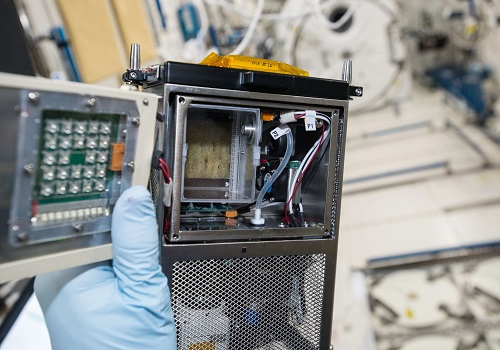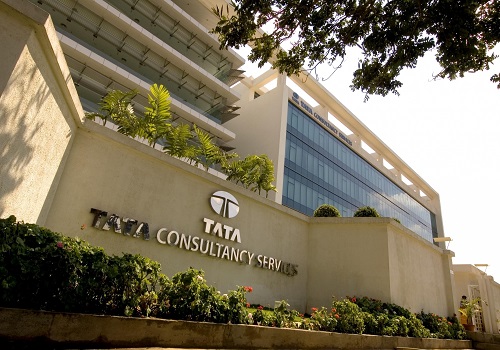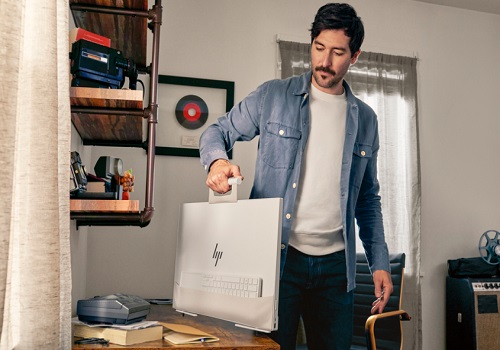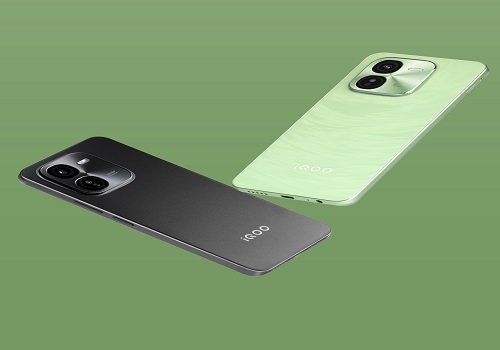NASA Expedition 71 astronauts to conduct key research in space

NASA’s Expedition 71 astronauts will study neurological “organoids”, plant growth and shifts in body fluids aboard the International Space Station (ISS).
NASA astronauts Matthew Dominick, Michael Barratt, Jeanette Epps, and Tracy C. Dyson are set to reach the space station this month and in March.
“Human Brain Organoid Models for Neurodegenerative Disease & Drug Discovery” (HBOND) studies the mechanisms behind neuro-inflammation, a common feature of neurodegenerative disorders.
Researchers create “organoids” using patient-derived iPSCs (induced pluripotent stem cells) from patients who have Parkinson’s disease and primary progressive multiple sclerosis.
Results could help improve diagnostics, provide insights into the effects of aging, accelerate drug discovery, and identify therapeutic targets for patients suffering from neurodegenerative diseases.
The “organoid” models also could provide a way to anticipate how extended spaceflight affects the brain and support development of countermeasures, according to NASA.
Plants can serve as a source of food and provide other life-support services on long-term missions to the Moon and Mars.
The study on “Plant Responses Against the Stresses of Microgravity and High Ultraviolet Radiation in Space” (Plant UV-B) examines how stress from microgravity, UV radiation, and the combination of the two affect plants at the molecular, cellular, and whole organism levels.
“Results could increase understanding of plant growth in space and support improvements in plant cultivation technologies for future missions,” the space agency said.
Weightlessness causes fluids in the body to move toward the head, which can cause changes in eye structure and vision known as ‘Spaceflight Associated Neuro-ocular Syndrome’ (SANS) along with other health problems.
The new study will examine whether thigh pressure cuffs could provide a simple way to counter this shift in body fluids and help protect astronauts from SANS and other issues on future missions to the Moon and Mars.
Thigh cuffs also could help treat or prevent problems for patients on Earth who have conditions that cause fluid accumulation in the head, such as long-term bedrest and diseases.























